It may seem trivial, but I've always had problems preparing hard-boiled eggs. Each time they broke me, or overcooked or, worse still, remained raw. After several attempts I finally managed to get perfect hard-boiled eggs: today I'm here to reveal all the secrets! Hard-boiled eggs are the basis of many recipes, so it is good to know how to cook them perfectly to always get successful results!
Video of the Recipe
Problems with playing the video? Reload the video from youtube.
Identity Card of the Recipe
- 128 KCal Calories per serving
-
Ingrediants
- 300 g (5 medium) of eggs
- Q.b. of water
Materials Needed
- Casserole
- Blotting paper
- Bowl with ice
Preparation
Did you know that
To prevent the eggs from breaking during cooking, it is recommended to cook them using cold water. In the event that the eggs were dipped in boiling water, the thermal shock would cause the shell to break. To overcome this problem, it is conceivable to pierce the egg with a needle before immersing it in boiling water. In this recipe, however, we recommend cooking in cold water.- Fill a saucepan with cold water.
- Wrap the eggs with absorbent paper and immerse them in cold water.
Why wrap eggs in paper towels?
The absorbent paper protects the eggs from any breakage: during cooking, boiling water can generate collisions between the eggs, up to breaking them. For the same reason, it is advisable to maintain a moderate flame and not too high.- Bring to a boil and calculate 8 minutes (max. 10).
What happens if cooking lasts more than 10 minutes?
The yolk undergoes a chromatic coloring, turning from yellow to greenish. The "green" yolk is not toxic (as it might be assumed), but the bioavailability of the iron contained in it is reduced.- Drain the eggs from the cooking water and cool them quickly in water and ice.
Why cool eggs after cooking?
In this way, it will be easier to peel them and it will be possible to prevent the egg white from sticking to the shell.- Shell the eggs, making light cracks along the shell or beating the egg on the work table.
Alice's comment - PersonalCooker
Hard-boiled eggs are rich in high biological value proteins, even if the fats present are mostly saturated. Cholesterol is mainly concentrated in the yolk and is very high. Among the mineral salts present in hard-boiled eggs, a note of merit goes to iron, which is very bioavailable, and potassium.
Try to create Hearts with hard-boiled Eggs: discover the tricks!Nutritional values and Health Comment on the recipe
Hard-boiled eggs are a cholesterol-rich food. Their energy intake is NOT particularly high and is mainly covered by lipids, even if, from a quantitative point of view, proteins are more abundant. Fibers are absent and carbohydrates are of little significance.
The average portion of hard-boiled eggs is about 90g (115kcal), but the frequency of consumption is about 2 times a week.

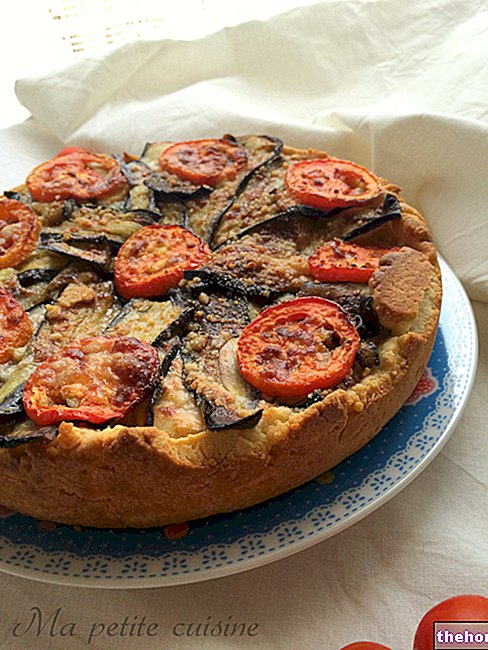
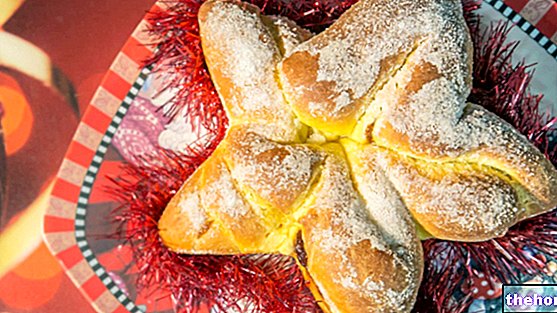
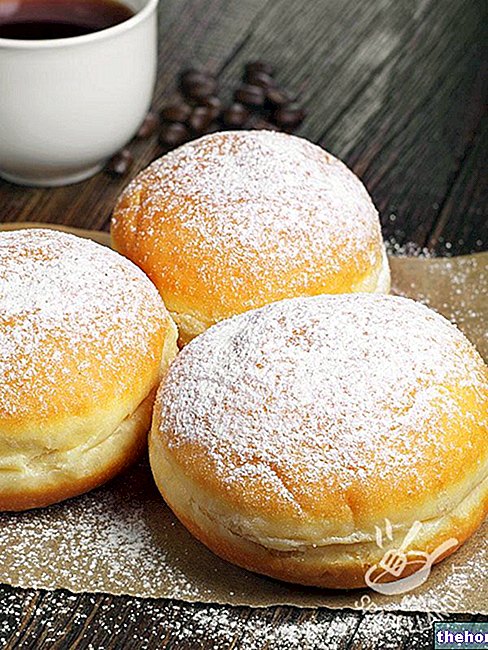
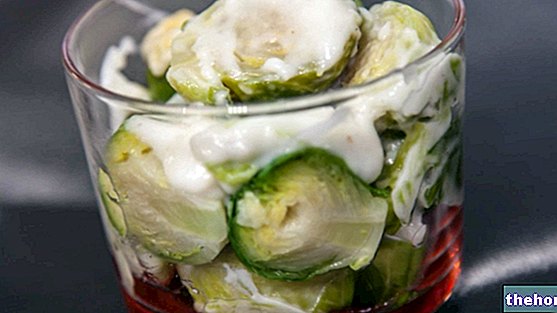
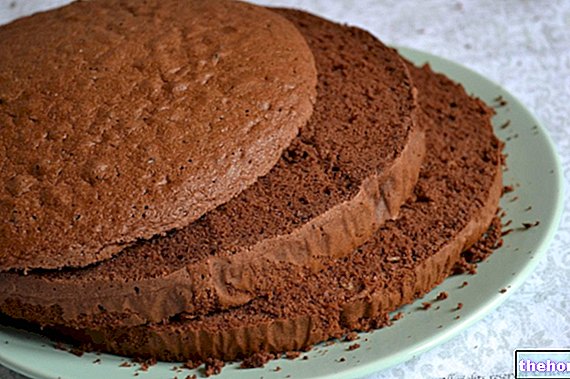
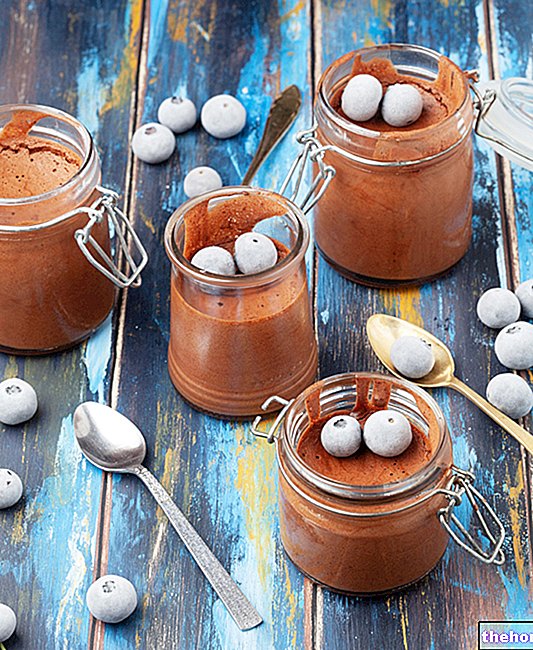
















-nelle-carni-di-maiale.jpg)




